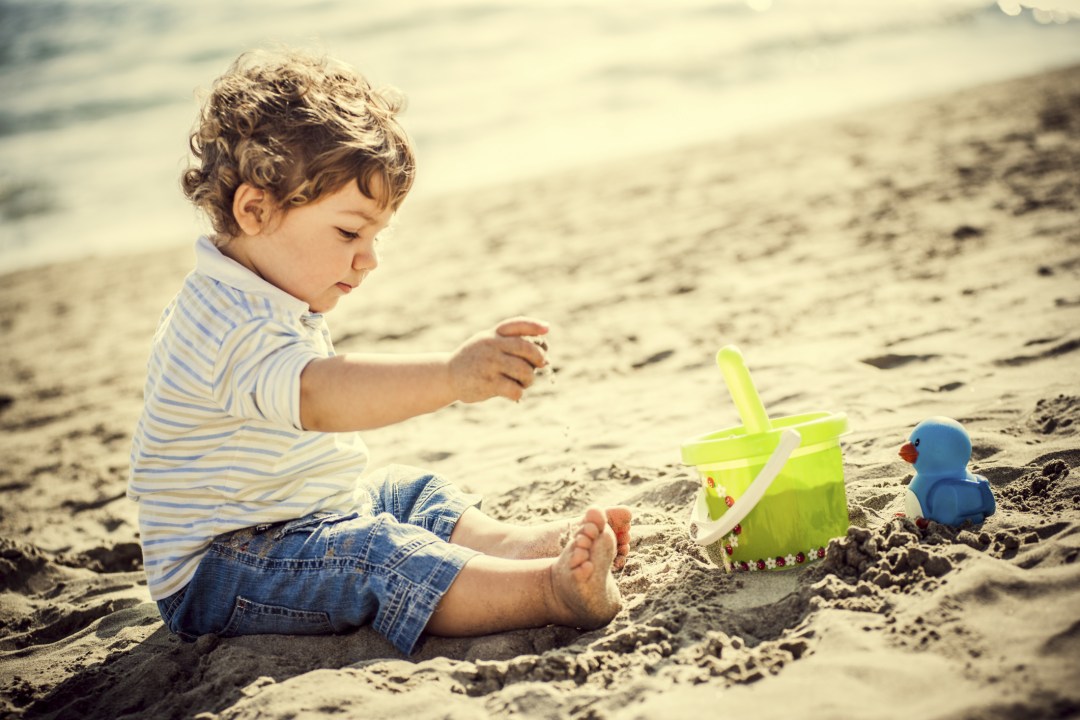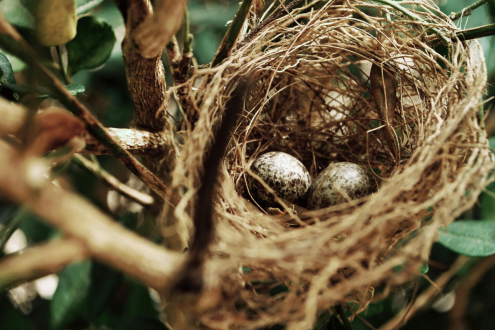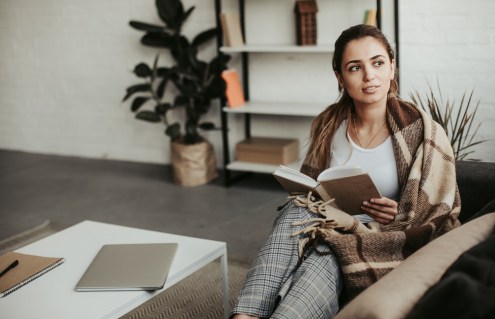Five tips for a good family holiday
‘Summertime and the living is easy.’ Really? How do you create a restful holiday if your kids are knocking lumps out of each other and you’ve lost a suitcase? You need a plan, says our family expert Ilona Boniwell

The school holidays are fast approaching, and most of us are in holiday planning mode. Who doesn’t dream of that perfect family break at the seaside, with children building sandcastles, teenagers enjoying boogie-boarding, and parents sipping a glass of wine under a parasol?
Yeah, right. Meanwhile, on planet Earth… Airport queues, re-packing overweight baggage in front of hundreds of people, screaming children demanding water/juice/sweets/that toy/God-knows-what-else, waiting ages for your transfer, heat, no parasols on the beach even if you get up at 7am, tummy bugs, loud music you can’t stand, and your kids coming back for money often because even in all-inclusive options, most of the good things are somehow not included. And if you decide to give package holidays a miss, you face traffic jams, children bored to death, food shopping, spectacularly expensive restaurants, plus cooking, cleaning and ticking boxes on a house items inventory, wondering what could have happened to 50 per cent of the forks in the space of just two weeks.
A happy holiday matters to our wellbeing – physical, mental and relational. It helps us prioritise needs at an individual level and to recover to face a busy year ahead. But Professors Kühnel and Sonnentag from Mannheim University, Germany, have shown that the positive effects of holidays do not last long. Although exhaustion drops dramatically right after a two-week break, two weeks later it’s already on the up, reaching exactly the same point where it was before the vacation only four weeks after your return.
So here is what I learned from holidaying with children that I now use as my precious family vacation guide:
Think simple
We’re often mesmerised by pictures of exotic foreign lands and forget to factor in lengthy, complicated arrangements that have to be endured to get there. Travel time reduces the days of vacation and increases fatigue. Moreover, a stressful journey back is likely to cut short the necessary period of progression from worry-free time to care-laden everyday living. Our best family holiday was in the French Alps, only four hours from home (we live in France) and completely empty in August. It bore no comparison to the unaffordable ski packages of winter – it was also our cheapest holiday ever!
Think light
We have a simple rule – one medium-sized suitcase per two children to keep the overall number of items down to an easily traceable number in case anything gets lost. Five t-shirts, three pairs of shorts and one pair of trousers should usually do the trick. Girls (myself included) are allowed to add three dresses, carefully keeping footwear under control…
Think for them
I used to care deeply about giving children choice, from what they’d like to eat or do, to where we should go. The result? Arguments, differences in opinion, and dissatisfaction with the eventual outcome. My husband took a very different view. He insisted that parents would take all decisions for the family group, considering the preferences of children, but without asking them explicitly. I was horrified at first. The outcome (happy, contented children) however, reminded me of Daniel Gilbert’s research on synthetic happiness, demonstrating that we’re happier with reduced choices that can’t be changed than with unlimited choices we can modify at a later date.
Think challenge
Rest and relaxation are important for a good break. But once their desirable level is achieved, we’re ready to explore, to be engaged and surprised. We want to be fully absorbed by something; to be in a state of flow. Highly flow-conducive activities tend to be motivating and enjoyable in their own right, rather than driven by a specific end. They involve a challenge, which tests us – but doesn’t exceed our capabilities. They require complete concentration on the application of skills; time passes without us noticing. The reward is complex and penetrating – the ultimate enjoyment. Psychologists put a high price on flow experiences because they are essential to human wellbeing. Flow-related activities have the potential to make your holiday experience richer, more meaningful, joyful, rewarding, and therefore memorable. So think of activities that involve exploration, action, adventure, and surprise, trying something new, doing something you didn’t think you could do.
Think of the end
According to the Peak-End Rule, our evaluation of a past event is shaped by the peak times (pleasing or repelling) and by the way it ended (high or low). Apart from recalling peak moments, we tend to remember a holiday by how we felt at the end of it. So choose activities likely to deliver some truly special moments and end your vacation on a high, as this is what will determine the memory of that holiday experience.
More inspiration:
Read Chapters on flow and time use in Positive Psychology In A Nutshell (Open University, £12.99) by Ilona Boniwell
Watch Daniel Gilbert’s TED talk on ‘The surprising science of happiness’









